Have you ever heard the phrase “cold calling is dead”? It’s a common misconception, but the truth is far from it. Cold calling remains a powerful sales strategy that, when executed effectively, can lead to substantial growth and success in your sales efforts. So, why do so many people believe that cold calling is a thing of the past? The answer lies in the ever-evolving world of sales and communication, as well as the challenges that come with adapting to these changes.
But fear not! In this comprehensive guide, we will cover everything you need to know about cold calling, from understanding its purpose and evolution to mastering techniques and strategies, and overcoming common challenges. By the end of this blog post, you’ll be well-equipped to conquer the world of cold calling and achieve better results for your sales team.
Short Summary
Cold calling is an effective sales outreach method to engage with potential customers and uncover new opportunities.
Mastering cold call techniques, such as active listening, handling objections & closing the call effectively can create a smooth experience for prospects.
Leverage CRM systems & automation tools to optimize time management and stay compliant with changing regulations for successful lead generation.
Understanding Cold Calling: Definition and Purpose

Cold calling is an exciting sales outreach method giving you the opportunity to:
Engage with potential customers who have not yet interacted with you through warm calling
Uncover new opportunities
Initiate conversations with potential customers at the beginning of the sales journey
It’s a powerful sales pitch for sales reps to initiate contact and start building relationships with potential customers.
In today’s environment, with fewer people having landline phone service and cell phones being out of reach to unsolicited callers, cold calling offers a unique chance for sales teams to reach out and make connections. By mastering cold calling, you can become a cold calling expert and successfully connect with potential customers, making you a valuable asset to your sales team.
The Evolution of Cold Calling
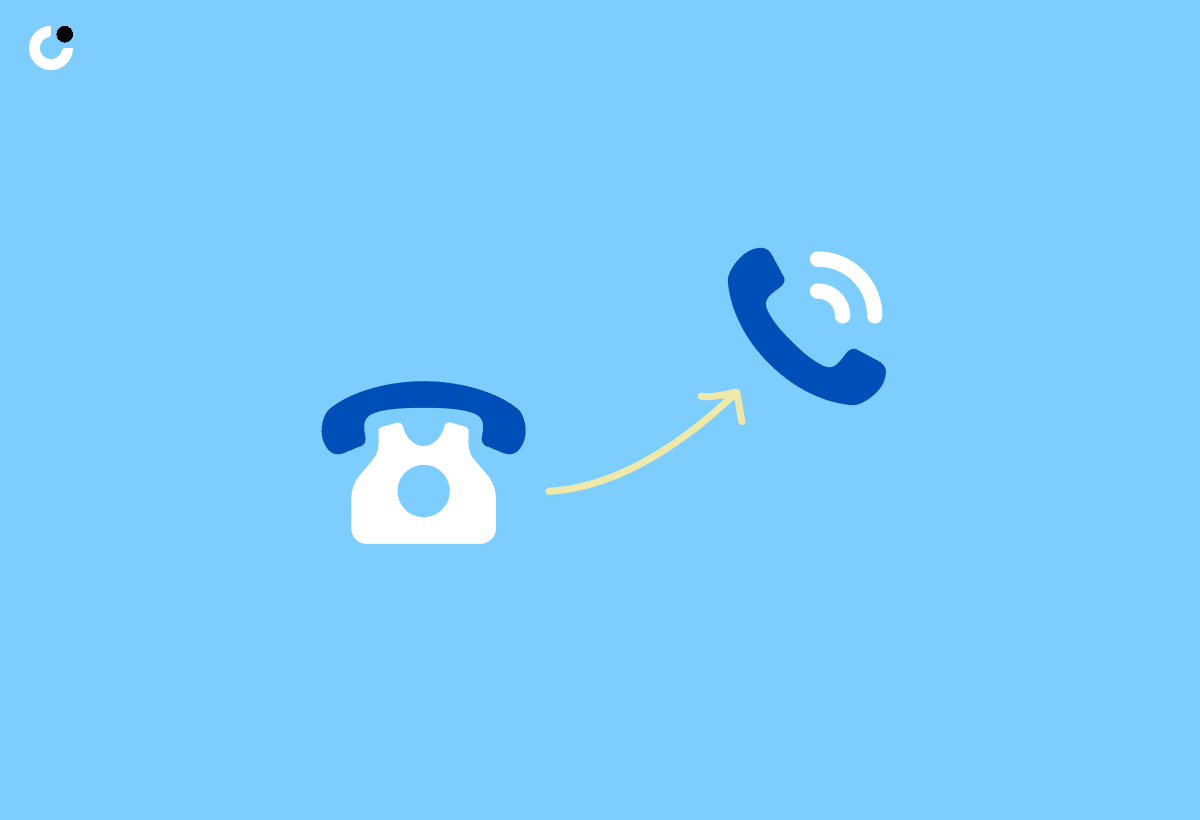
The fascinating history of cold calling dates back to the late 19th century, with the first documented cold call occurring in 1873. Over time, cold calling has evolved into a powerful lead generation technique used by salespeople to solicit business from potential customers who have had no prior contact with the salesperson. Recently, salespeople have shifted to social media channels, and they have seen great success with this approach, especially when making the initial cold call.
Modern cold calling is incredibly versatile and successful in connecting with potential customers, far more so than traditional phone calls. A well-prepared cold call script can greatly enhance the effectiveness of your outreach. As cold calling continues to evolve, it’s crucial for sales reps to adapt and leverage new communication channels and strategies to stay ahead of the game and secure those all-important connections with potential customers. Utilizing cold calling script templates can be a game-changer in achieving this goal.
Essential Components of an Effective Cold Call

Effective cold calls require thorough research and preparation, building rapport with prospects, and personalizing the conversation to address their specific needs and pain points. Being a skilled cold caller means not only making the initial contact, but also effectively following up with potential customers to increase the chances of converting them into loyal clients. Learning how to cold call is a crucial skill for any sales professional.
By focusing on these essential components, you can ensure that your cold calling efforts are met with success and that you’re able to generate new leads and opportunities for your sales team.
Research and Preparation

Research and preparation are key for successful cold calls, as they enable sales reps to gain insights into their prospects and customize their approach accordingly. Sales reps can explore their prospects on social media and review internal correspondence to see if there’s any prior interaction. By checking a prospect’s social media profiles, you can break the ice and start the conversation, setting you up for a successful cold call.
Equipping yourself with knowledge about the person you are reaching out to and the company they work for is essential for a successful cold call. Understanding their role, the company’s industry, and any potential pain points they may be facing will allow you to tailor your approach and demonstrate genuine interest in helping them find a solution.
Building Rapport with Prospects

Building rapport with prospects during a cold call can be highly advantageous, as it involves engaging in an engaging two-way conversation, focusing on their needs, and ultimately establishing trust. To strike the right balance between talking and listening, aim for a sales: customer talk ratio of 40%–60% during the call. By engaging in a conversation during a cold call, you can effectively engage prospects and establish a strong connection with them.
Some factors to consider when building rapport include finding common ground, empathizing with the prospect’s challenges, and maintaining a friendly tone. By focusing on the prospect’s needs and concerns, you can demonstrate genuine interest in helping them find a solution, making it more likely that they will be open to hearing about your product or service.
Personalization and Customization

Personalization and customization in cold calls can help you make a great impression by showing that you are genuinely interested in understanding the prospect’s unique situation and helping them to find a solution. By tailoring the conversation to the prospect’s specific situation and pain points, you can demonstrate your commitment to helping them overcome their challenges and achieve their goals.
To personalize your cold call, consider using the prospect’s name, company name, and industry-specific pain points in your conversation. By doing so, you can create a sense of familiarity and trust, making it more likely that the prospect will be open to discussing their needs and considering your product or service as a potential solution.
Cold Call Techniques and Strategies

Mastering cold calling techniques and strategies can help you make the most of every call, ensuring that your sales efforts are met with success. By following these cold calling tips, you can improve your techniques and strategies, which include active listening, handling objections, and closing the call effectively.
By implementing these practices, you can create a smooth and engaging experience for your prospects, increasing the likelihood of converting them into customers.
Active Listening
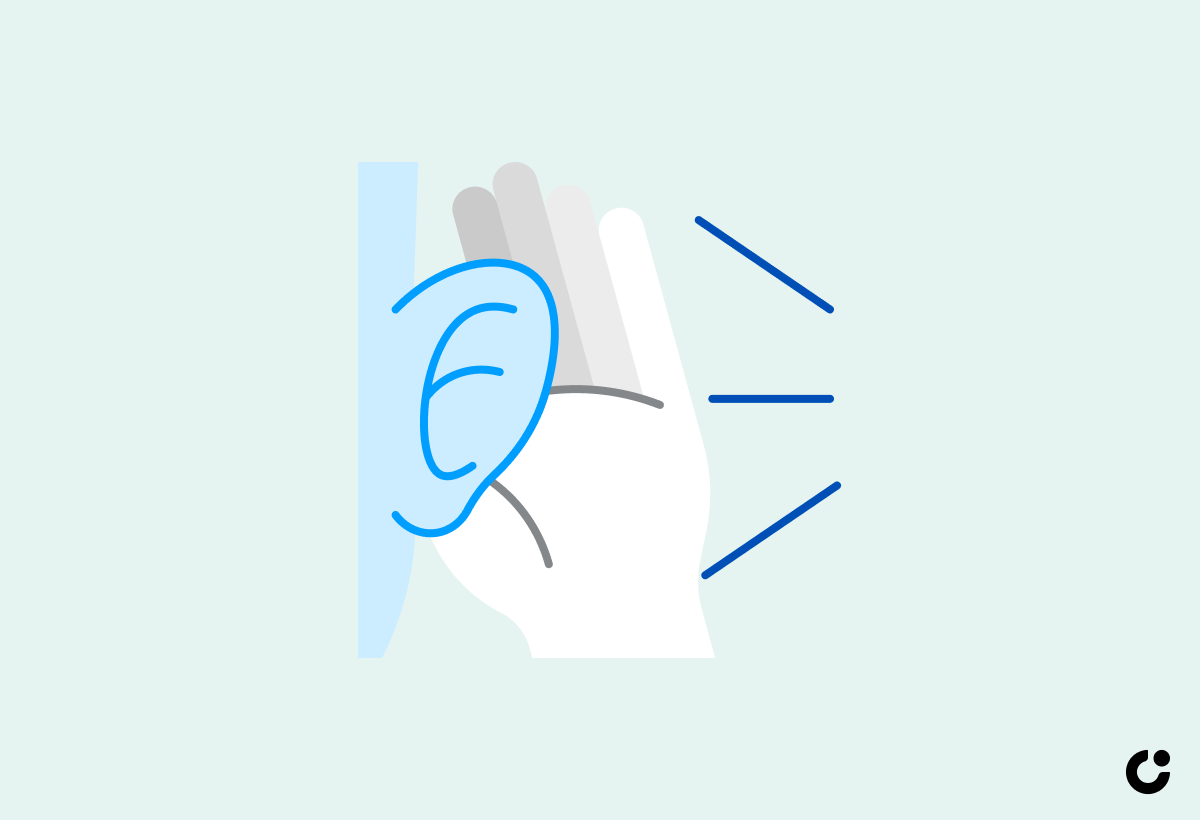
Active listening during a cold call is crucial, as it allows sales reps to better understand their prospects’ needs and concerns, leading to more productive conversations. To ensure you’re actively listening during a cold call, pay close attention to what the prospect is saying, and double-check with them on key points to demonstrate your understanding and interest in their situation.
By actively listening, you can identify potential pain points and opportunities to offer solutions tailored to the prospect’s needs. This approach not only leads to more effective conversations, but also helps to build trust and rapport with your prospects, increasing the likelihood of converting them into customers.
Handling Objections
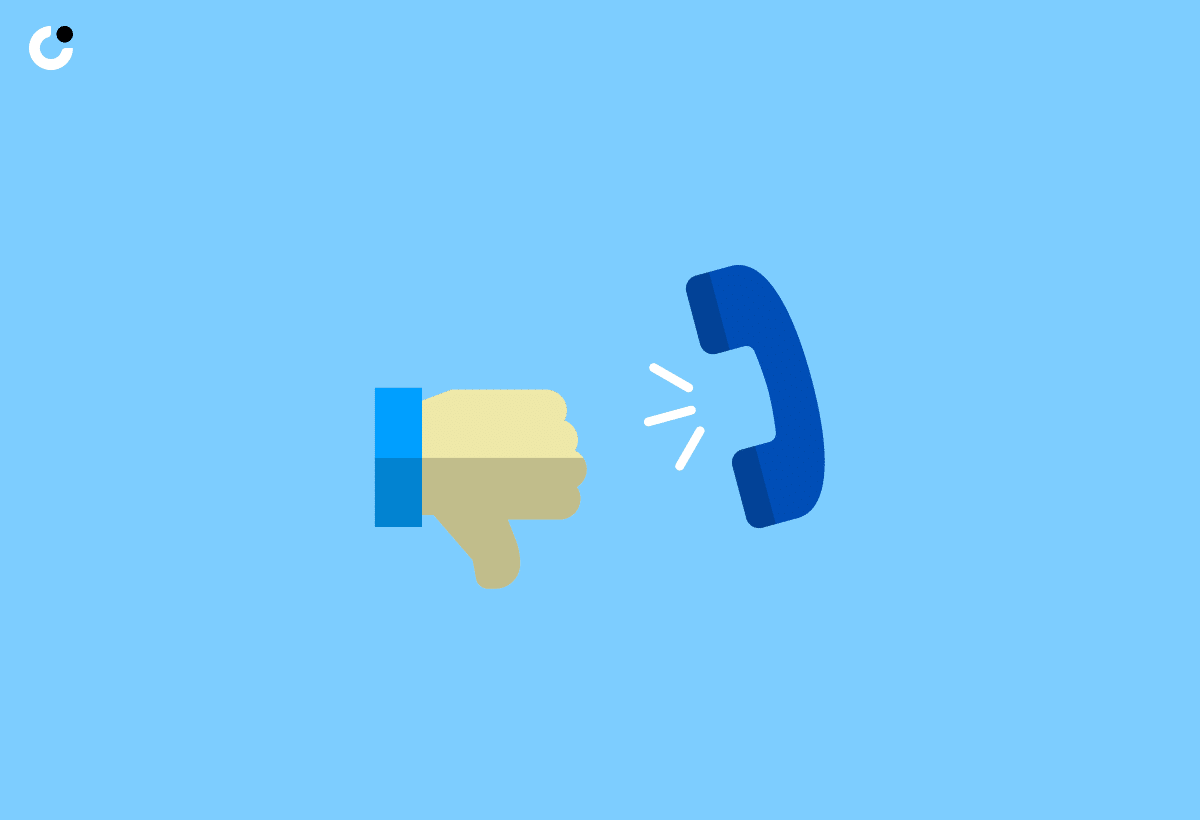
Handling objections is a key aspect of cold calling, as it involves:
Listening to the objection
Acknowledging the objection
Asking questions to understand it
Providing a solution
Thanking the customer for their feedback
By tackling objections head-on, you can demonstrate your commitment to helping the prospect find the best solution for their needs.
When faced with an objection you’re not sure of, take the initiative and offer to find out more information and follow up with the prospect. This approach not only shows your dedication to helping the prospect, but also allows you to maintain a positive conversation and keep the door open for future discussions.
Closing the Call
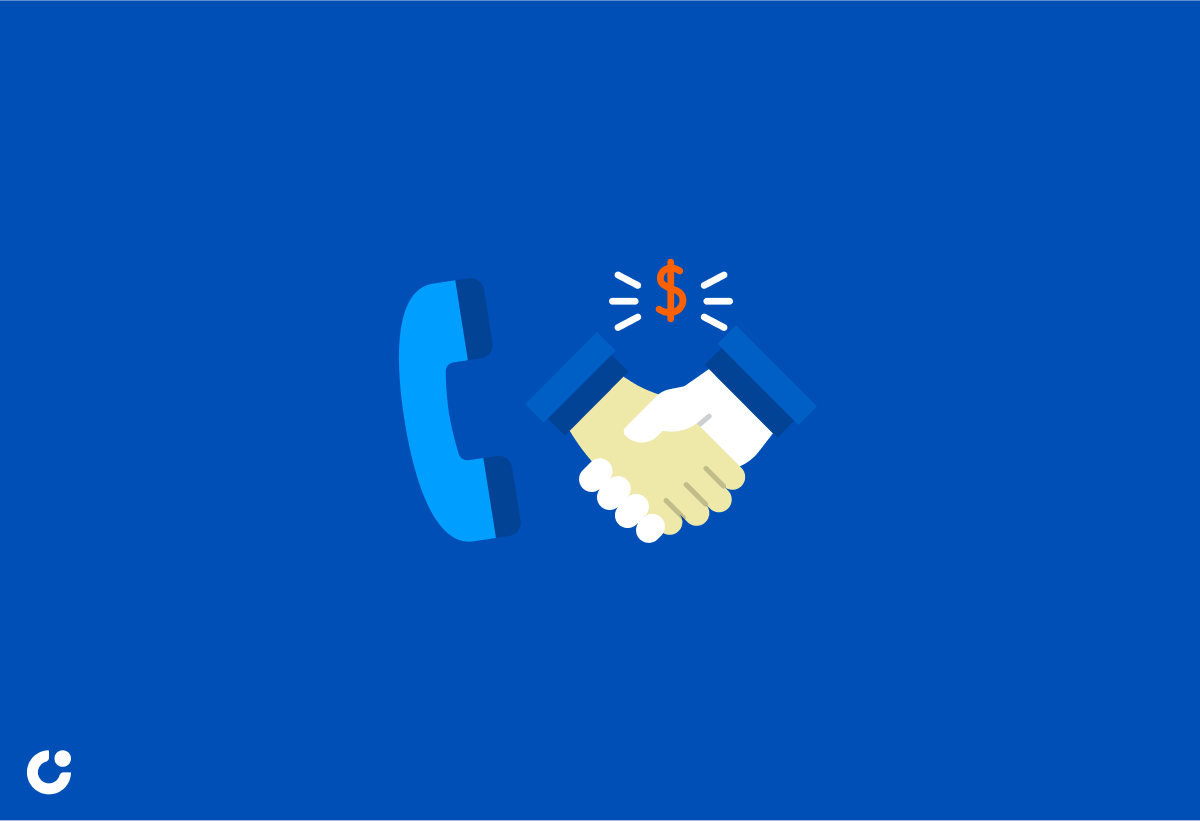
Closing the call effectively is crucial to ensure success in cold calling. To achieve a successful close, follow these steps:
Summarize the conversation
Confirm next steps
Ensure a smooth transition to the next stage of the sales process, such as setting up a follow-up call or appointment
By doing so, you can leave a lasting impression on the prospect and set the stage for a productive relationship moving forward.
Remember to thank the prospect for their time and express your enthusiasm for the opportunity to work with them. By ending the call on a positive note, you can maintain a strong connection with the prospect and increase the likelihood of converting them into a loyal customer.
Examples of Successful Cold Calls

Examples of successful cold calls showcase the importance of:
Research
Rapport-building
Personalization
Effective closing techniques
These elements are crucial in generating leads and converting prospects into customers. From the movie “Boiler Room,” which portrays cold calling as an exciting numbers game, to the real-life success stories of Southwestern Advantage and Kirby Company, these examples demonstrate the power of cold calling in driving sales and growing businesses.
Studying successful cold calls can provide valuable insights and inspiration for your own cold calling efforts. By understanding the essential elements of a successful cold call, you can apply these techniques and strategies to your own cold calling efforts, boosting your success rate and generating new leads and opportunities for your sales team.
Cold Calling Tools and Technologies

Cold calling tools and technologies, such as CRM systems, automation tools, and AI-powered analytics, can help sales reps streamline their outreach process, manage leads, and improve overall cold calling success rates. By leveraging these tools and technologies, sales reps can save time on repetitive tasks, prioritize important calls, and stay on top of their follow-ups, ensuring that they make the most of their cold calling efforts.
Some examples of cold calling tools and technologies include:
Robo-calling for automated dialing and pre-recorded messages
AI-powered note-taking to rapidly identify competitor references and register objections
Conversation intelligence software to record and transcribe conversations, providing powerful, actionable insights to help sales reps and their teams succeed.
Overcoming Common Cold Calling Challenges

Overcoming common cold calling challenges, such as call reluctance, time management, and adapting to changing regulations, is essential for sales reps to maximize their cold calling efforts and achieve better results. By addressing these challenges head-on and implementing effective strategies to overcome them, sales reps can ensure that their cold calling efforts are met with success and generate new leads and opportunities for their sales team.
To do this, sales reps should focus on developing a strong cold calling process that includes setting up a call center.
Call Reluctance

Call reluctance can be a significant barrier to success in cold calling, but it can be overcome by providing clear expectations, guidance, and feedback to sales reps. Sales managers can support SDRs in overcoming call reluctance by setting clear expectations and providing guidance, such as offering regular training, resources, and feedback to help boost their confidence.
By fostering a culture of success and high performance, businesses can help their sales reps build the confidence and resilience they need to overcome call reluctance and excel in cold calling. With the right support and encouragement, sales reps can turn call reluctance into an opportunity for growth and development, ultimately leading to better cold calling results and increased sales.
Time Management

Effective time management in cold calling involves prioritizing important calls, using technology to automate repetitive tasks, and finding the optimal time to reach prospects. By setting ambitious goals, organizing their day with an effective schedule, and leveraging a call tracking system to monitor their progress, cold callers can ensure that important calls are prioritized and that their time is used efficiently.
Cold callers can also leverage technology to streamline their processes, such as:
Using automated dialers to save time and increase efficiency
Optimizing their time management and prioritizing their outreach efforts
Maximizing the impact of their cold calling activities
Generating new leads and opportunities for their sales team.
Adapting to Changing Regulations
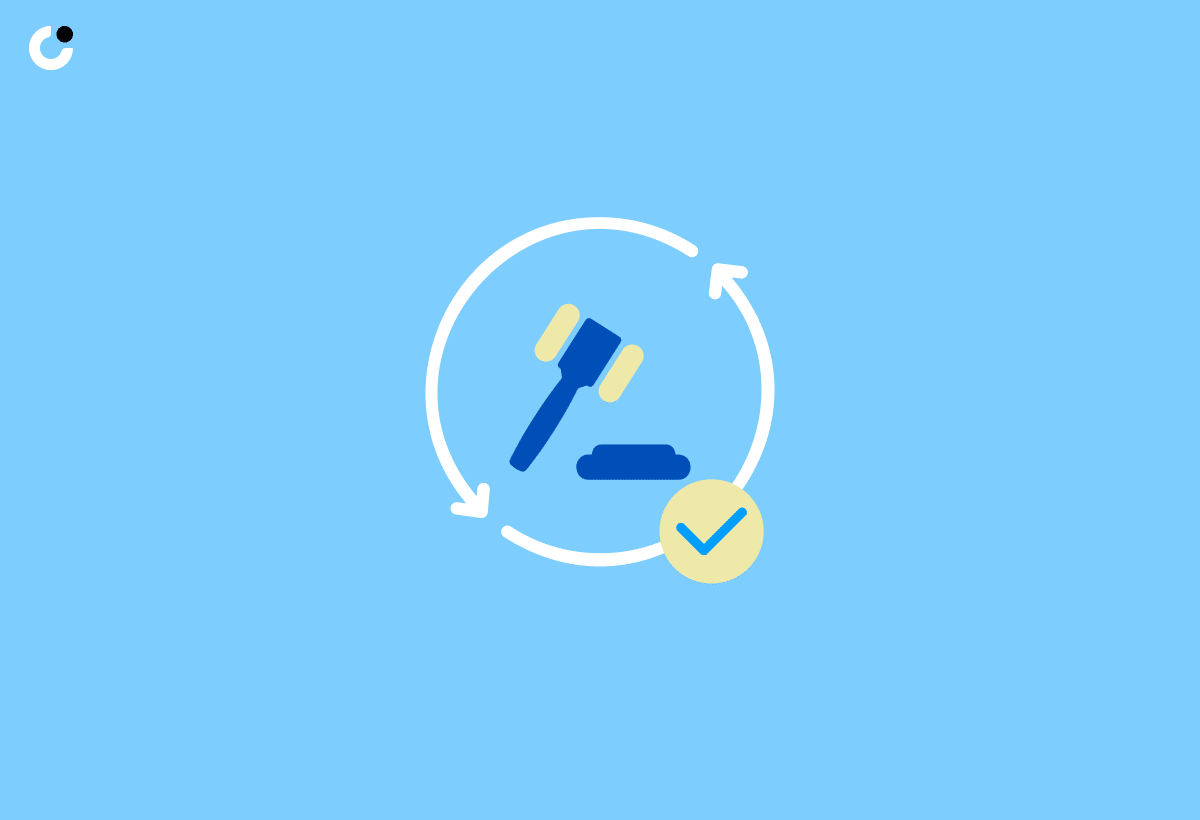
Adapting to changing regulations, such as the Do Not Call Registry and GDPR, is essential for:
Staying compliant with the law
Building trust with customers
Targeting effectively
Staying ahead of the competition
Staying informed of the latest regulations, adjusting cold calling strategies accordingly, and utilizing technology to ensure compliance are all effective strategies for adapting to changing regulations.
By staying up-to-date with the latest regulations and adapting their cold calling strategies accordingly, sales reps can ensure that their outreach efforts remain compliant and effective, while maintaining a positive brand reputation and building trust with their prospects and customers.
Summary
In conclusion, cold calling remains a powerful sales strategy that, when executed effectively, can lead to substantial growth and success in your sales efforts. By understanding the purpose and evolution of cold calling, mastering the essential components of an effective cold call, and employing various techniques and strategies, sales reps can improve their cold calling success rates and generate new leads and opportunities for their sales team.
As the world of sales and communication continues to evolve, it’s crucial for sales reps to stay ahead of the game by overcoming common challenges, adapting to changing regulations, and leveraging the latest tools and technologies in their cold calling efforts. With the right mindset, skills, and strategies in place, you can conquer the world of cold calling and achieve better results for your sales team.
Frequently Asked Questions
What is a cold call example?
Here’s a great cold call example:
Hi [Prospect’s name]. This is [your name] from [your company’s name]. I’m calling to learn more about your company’s customer experience and how we can help you make it better.
Feel free to call or text me at (555)-867-5309. I’ll also follow up with an email if that works better for you.
What is a cold call in work?
Cold calling is when you reach out to employers without waiting for a job to be advertised, using your own initiative to inquire about any job openings. It’s called ‘cold’ because you don’t have a warm introduction or prior knowledge of the business.
Why is cold calling illegal?
Cold calling is not illegal, however it is highly regulated to protect consumers from unsolicited communications. As such, businesses must strictly comply with the applicable laws and regulations in order to avoid breaking the law.
What is the main purpose of cold calling in modern sales?
Cold calling is an important tool for sales reps to introduce their product and service, build relationships with prospective customers, and uncover new opportunities.
It can be a daunting task, but with the right approach and attitude, it can be a great way to generate leads and close deals.
Sales reps should focus on creating a personalized message that resonates with customers.
How has cold calling evolved over time?
Cold calling has evolved over time, adapting from traditional phone calls to incorporating more modern technologies such as calling after an email and social media massage. This makes it a much more versatile and effective way of reaching potential customers.

